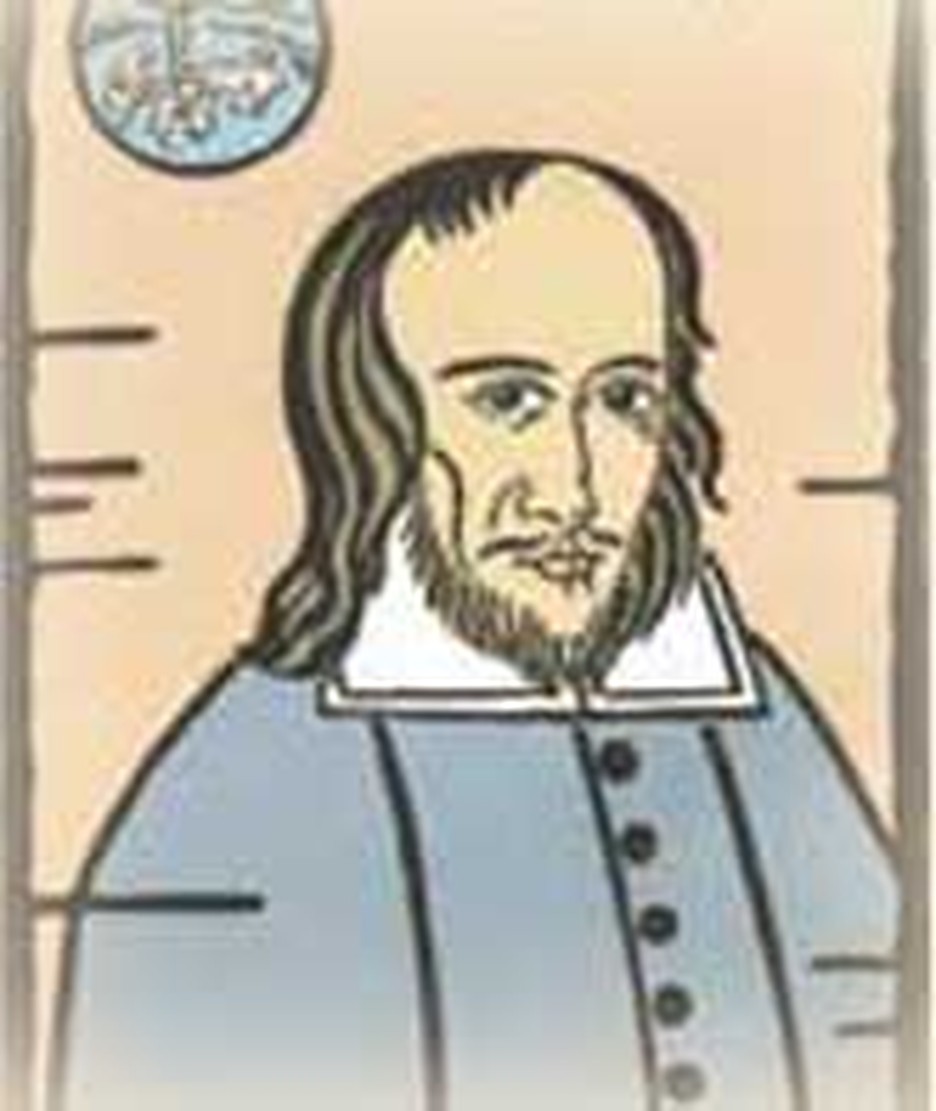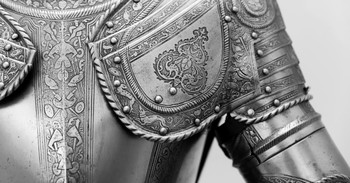
Imagine an untrained thinker who nevertheless had a major influence on a host of notable philosophers and religious leaders. Jacob Boehme was such a man. A shoemaker without college or university credentials, he wrote twenty-nine books and tracts which set a lot of minds turning. Among them were thinkers, Pietists, and mystics not only of his own age, but down to our own day. Henri Bergson's metaphysics, George Fox's Quakerism, Hegel's dialectical theory, and Heidegger's existentialism each owe something to Boehme. Even mad Nietzsche and gloomy Schopenhauer borrowed ideas from him. So did the liberal theologian Paul Tillich.
We aren't 100% sure, but the best information we have is that Jacob Boehme was born on this day, April 24, 1575 at Altseidenberg, near Goerlitz, Germany. The young man attended grade school. Then, because he was too weak for heavier work, he was set to making shoes. He proved himself a sharp businessman who seems to have organized a coalition that controlled the leather market.
Boehme lived through the hardships of the terrible Thirty-Year's War that decimated Germany. In 1600, a Lutheran pastor named Martin Moller came to Gorlitz where Boehme had married and was living. Moller sought to spur Christians to a deeper spiritual life and formed a group called "Conventicle of God's Real Servants." Boehme joined. Soon afterward, he had a mystical experience in which he said he understood all things to consist of either "yes" or "no."
Immediately he began writing. His first book, The Aurora was declared heretical by Lutheran authorities who joined with the local government to ban him from producing anything else. For seven years he obeyed this injunction. Then he began writing again. Eventually he was asked to leave Gorlitz.
His most popular work was a collection of some of his devotional tracts, called The Way to Christ. In it he said, "For what good does it do the soul to know the Way to God, if it will not walk in it, but goes on in a contrary path? What good will it do the soul to comfort itself with the brotherhood of Christ, with His passion and death, and so flatter itself with the hopes of getting the inheritance thereby, if it will not enter into the brotherly birth, that it may be a true child, born out of the Spirit of Christ, out of His suffering, death and resurrection?"
At times, Boehme's adoration of Christ is very moving. "...He [Christ] must get [his] form in us, or we shall not be in Heaven..." But at other times, his thought does not appear to follow the plain teaching of Scripture. His influence has been felt most strongly on those who are considered most "liberal" and who have veered furthest from the evangelical position.
Bibliography:
- Beach, Edward A."Jakob Boehme." http://users.erols.com/nbeach/boehme.html.
- Behmen, Jacob (Jakob Boehme) "Of True Repentance." Christian Classics Electronic Library. http://www.ccel.org/b/boehme/way/repentence.html.
- "Boehme, Jakob." The Oxford Dictionary of the Christian Church. Edited by F. L. Cross and E. A. Livingstone. Oxford, 1997.
- "Boehme, Jakob." New Schaff-Herzog Encyclopedia of Religious Knowledge. Grand Rapids: Baker Book House, 1954.
- Martensen, Hans Lassen. Jacob Boehme; His life and teaching. Hodder and Stoughton, 1885.
- Various encyclopedia and internet articles, including other works by Jacob Boehme at CCEL.
Last updated May, 2007.


